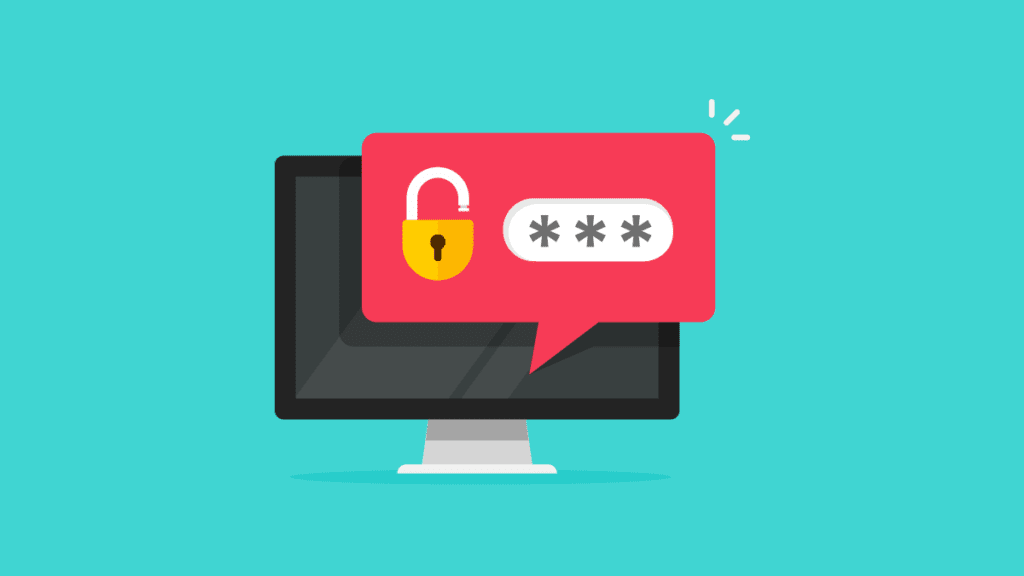
The password is the most commonly used mechanism to access mobile devices, networks, computers and accounts. As citizens of a digital society with multiple devices at our finger tips, and with access to more remote services, security requirements intensify. This can present challenges in the practice and management of passwords, especially in times of stress. I recently experienced a complete memory block as I was trying to access my online banking account and felt so terrible for forgetting a password I had used often. But with so many codes and keys to remember, is it any wonder our memory fails to keep up with the demands of cyber security?
Avoiding hacker-friendly passwords
Technology has evolved and so have the password requirements; most systems’ passwords must consist of a lengthy set of characters that will bolster up security measures for the long-term. When we create a password, we are often faced with the indicator of how high- or low-risk it would be to hacking capabilities, which prompts us to fiddle with the keys until our combination qualifies as ‘acceptable’. In an attempt to remember the password keys more easily, people often create simpler passwords. This presents problems and potential risks. The easier it is to remember, the more vulnerable your account is to threat.
Poorly chosen passwords
According to previous reports, a great percentage of poorly chosen passwords are caused by the human factor, which is recognized as being the single largest cause of unauthorized access. Security experts strongly suggest, that users use different passwords for each service they access online. The problem is, people are not applying this advice to their personal security measures – out of concern they will not remember the password altogether. Oftentimes, convenience overshadows the importance of good management and practice of passwords.
Password security concerns
Writing down your password on a piece of paper is a very common mistake. Jotting down the characters for reminder purposes can be accessed by someone else and consequently, undermine security measures.
Agreeing to ‘remember password’ when you have just accessed an online account is something to be avoided altogether. As convenient as it might be to have your computer or device remember the password, if a person has access to your device, you are making it very easy for that individual to explore your ‘saved’ account without effort. Always ‘decline’ use of ‘remember your password’ for better security.
Avoid sharing account passwords with a person via email or chat. Password sharing can be common practice among team members at work. It seems like a very practical solution for delegating tasks, but can be a substantial security threat to businesses large and small.
Passwords and the Future
Due to the rise of data breaches online, Tech giants, Microsoft and Google are constantly striving to provide solutions that involve password-less authentication options such as biometrics and tokens. This may mean we are one step closer to a future where password practice and management, is no longer necessary.